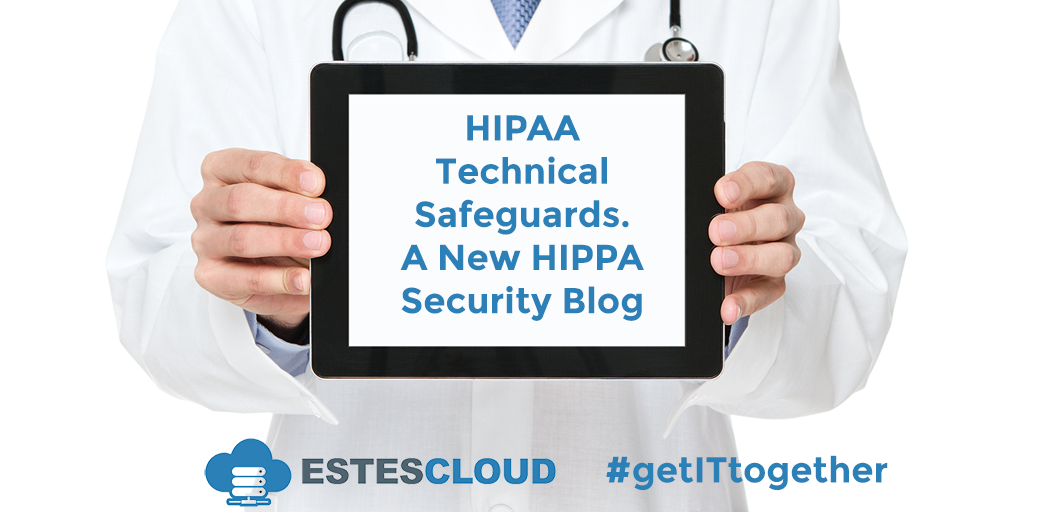
HIPAA Technical Safeguards
HIPAA Technical safeguards are designed to decrease the possibility of a security issue or data breach in an organization.
Businesses handling protected health information (PHI) must have current and comprehensive technical safeguards in place to remain secure from any threats, whether internal or external. Organizations that require HIPAA technical safeguard compliance must determine the extent of their security measures and if they are reasonable and appropriately suited for the size of the organization. For example, internet filtering and full disk encryption may be appropriate and cost effective for entities with tens of thousands of records managed by multiple users, while a smaller organization may be sufficiently protected with a less complex antivirus, file encryption or simple firewalls.
What are HIPAA technical safeguards?
HIPAA technical safeguards are simply the policies and procedures for the use of technology put in place to protect patient health information. It includes the technology, software, hardware, administration and more. There are four main components:
HIPAA Access Control
This is a policy or procedure that controls who can access information. Only authorized people should be able to access certain information and all activity must be able to be tracked to a specific user. User verification and automatic log-off after times of inactivity, as well as emergency access procedures are addressed here.
HIPAA Audit Control
These controls are designed to record and examine activity where patient information is accessed or stored. The procedure should include a process that outlines the frequency, methods and scope of the audit, as well as processes for violations.
HIPAA Integrity Control
This control is in place to ensure patient data is not destroyed or altered. This typically begins with a risk assessment to determine how outside sources may be able to access the information and then addressing those areas of weakness. Protection for external storage of information is also included here. It can also include procedures, processes or software that authenticates information.
HIPAA Transmission Security
This technical HIPAA security safeguard addresses the concern of unauthorized access to patient information being transmitted over a network. The use of electronic medical records which allow medical personnel to access patient data inside an office or on the other side of the country, must be secure. Encryption is the key tool here.
Any technical safeguards will change as technology and threat landscape changes.
But with HIPAA security safeguard components in place, the opportunities for cyber attacks and data loss can be reduced significantly. While medical providers are required to follow HIPAA regulations, any network can be made more secure with the very same guidelines. EstesCloud ComplianceCare offers the best-of-breed HIPAA compliance services, making sure your practice will pass any audit that might come your way!
